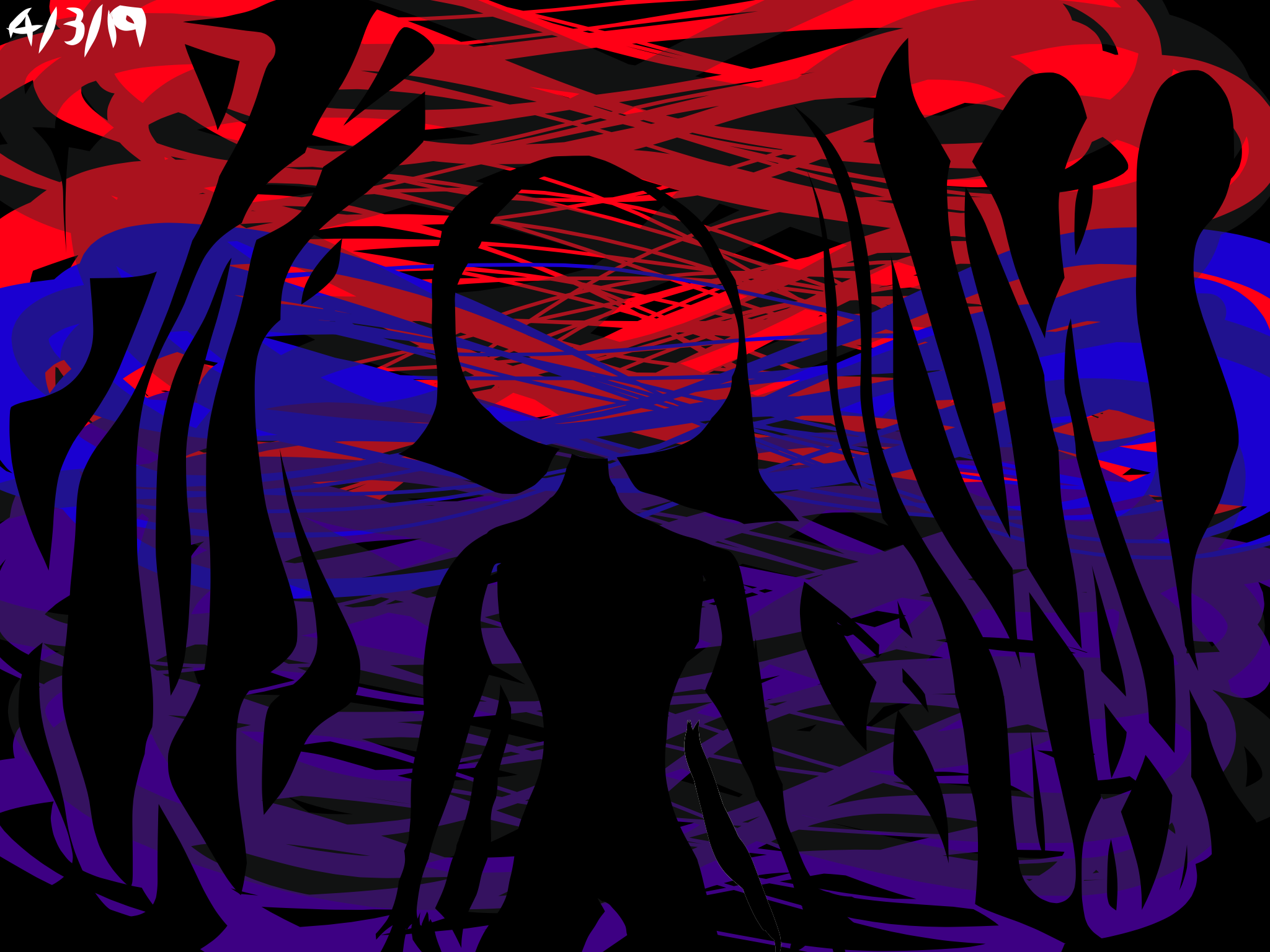Stupid Mistakes Make For Good Writing Material
6/20/19
Twitter, as tools for self expression go, is both my best friend and my worst enemy. My best friend, because it’s let me have a space for those thoughts too small for a blog post, but too large to not share. Reading other’s perspectives have also taught me a lot about the uniqueness and biases of my own. My worst enemy, because it enabled my id to come out roaring.
Twitter makes it easy to feel like your impulses are correct, and this perceived reassurance that all your unedited inner thoughts are untouchable affects both world leaders and teenagers. For world leaders (think of Trump), angry tweeting causes rifts between countries and nations. For teenagers, rifts between potential friends, and allies.
An acquaintance of mine had posted a tweet, saying, “people only start caring about issues when they realize those issues affect them!!” I had interacted with this acquaintance online before. Some time previously, I posted on my Instagram story telling able-bodied climate activists that I - and surely other disabled climate activists as well - was tired of having to be the one to remind everyone in the movement that along with people of color, disabled people are the most affected by climate change.
I asked some friends of mine to share it around; how else was the message going to spread? It was in a youth climate activists group chat that I sent this, a group chat this acquaintance and I were both in. A few people reposted it on their stories (thank you), this particular person did not. It was all about the message until the broadcast was down. Then it became about me, it became about my being resentful that I wasn’t Instagrammable, that me and my work were not worth sharing. Fast forward to a few months later. This memory of not feeling like I was enough was fresh in my mind. And I had not seen this person post anything on social media that highlighted or passed the mic to any disabled activist, but the betrayal I felt was, again, completely personal. It wasn’t about “my people.” It was about my needing to feel seen, to feel validated. So when I saw this person’s tweet talking about empathy, about talking about issues that don’t directly affect you, I agreed with them, and went after them. I will say, at face value it was relatively nice-sounding compared to your regular attempt at online shaming, but I still tried to antagonize them and manipulate their followers into siding with me.
Good thing it backfired.
Social media isn’t everything. It is good to share what you can, of course, but that doesn’t justify what I tried to pull off. It is better that you are a truly good person privately than a performative person online. Which I didn’t quite get a few weeks ago. I try to pass the mic to others as often as possible, and it used to be that when people didn’t meet my standard…I got mad.
I retweeted my acquaintances’ original tweet, “people only start caring about issues when they realize those issues affect them,” with “yeah, like when you’ll suddenly start caring about the lives and representation of those with disabilities because you realized their are people within your community that are disabled and need allyship from you.” In the following thread, I continued, “I know from personal experience that you may ignore this. I’m not asking that you become more visibly supportive of me, specifically, or of white disabled folx in general. I ask that you look to the people you’ve always supported and uplift disabled voices within those groups.” You may be feeling really underwhelmed right now, you might have been expecting true evil and all I gave you was pettiness, but trust me, it’s enough. I regret what I did, not because I believe it was all that horrible, not because it had Disney villain flair or drama, but because in antagonizing one person who wasn’t worth my fighting spirit, I became distracted from the fight against systemic ableism, and I became a stereotype for deniers of ableism to latch onto as an example - a volatile, desperate disability advocate who exaggerates it all.
Don’t use me as an example.
I was angry because I felt spurned. I attached my own personal agenda to my mission - validity to advocacy - and when I failed to sway an individual, I got hung up, instead of moving on, as I should have. I don’t want to do what Trump does. I don’t know if this story - the larger story - is over. I don’t know that I won’t have a socially awkward moment ever again. I’m not done growing, and there will always be people who I just don’t click with, no matter how much I want to. I can’t guarantee you will always be proud of me. But I’m ending this chapter.
With every stupid mistake, I get less stupid.




